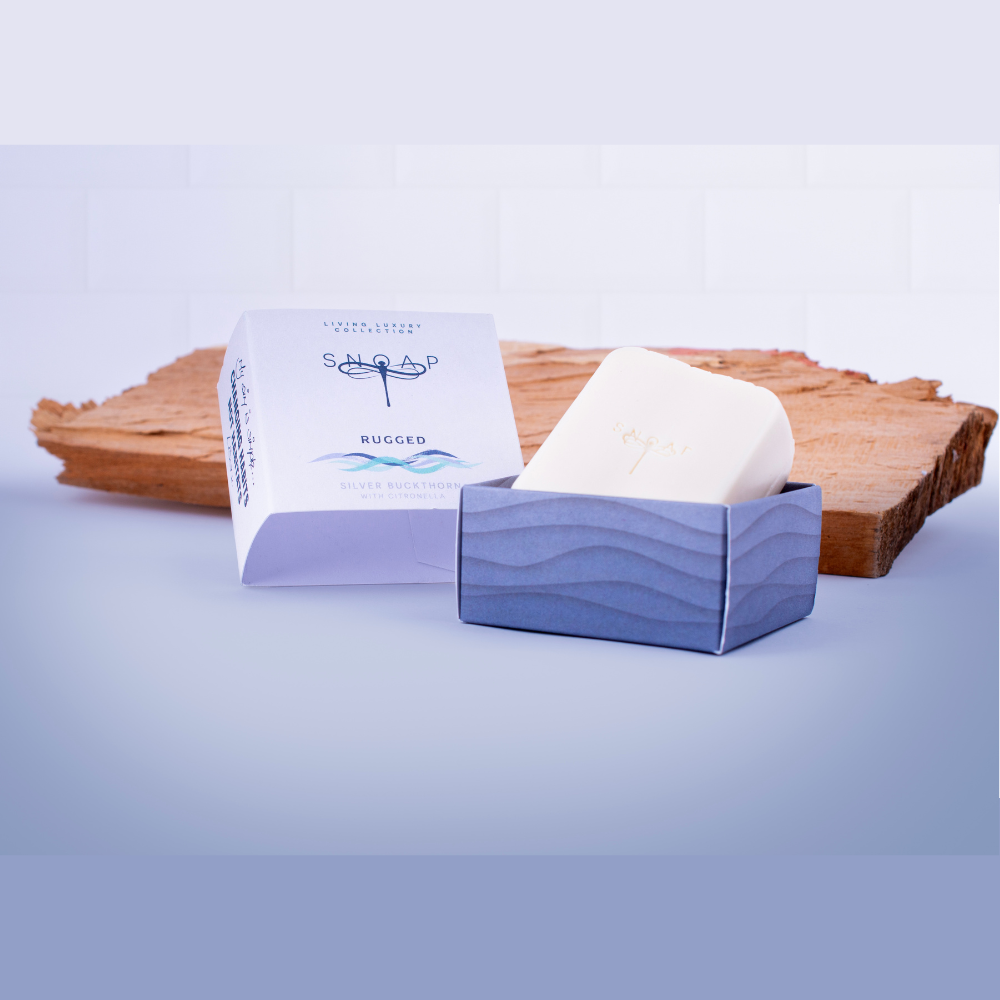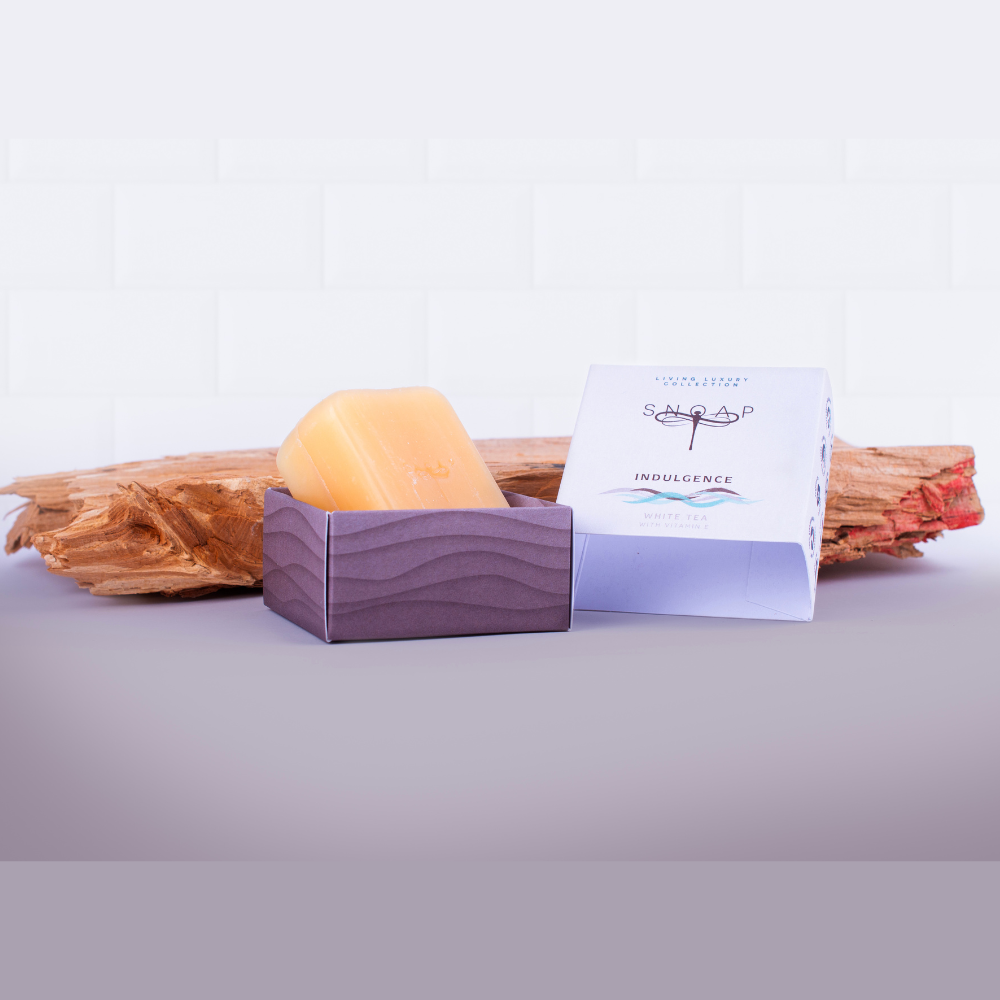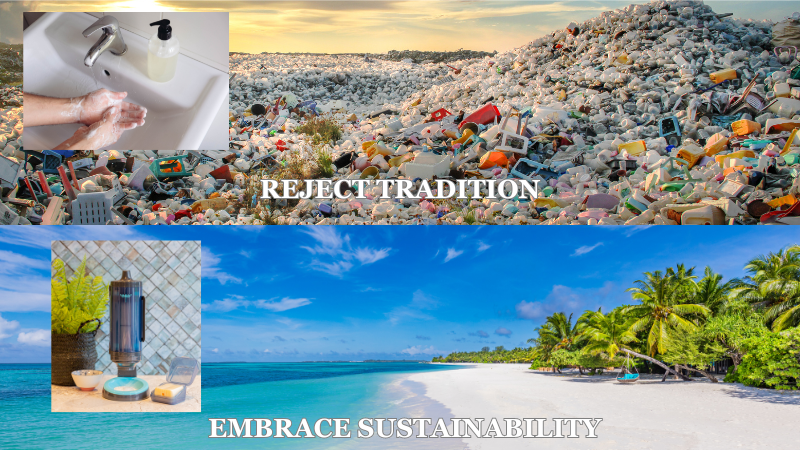As we continue to seek ways to reduce our environmental footprint, switching to sustainable alternatives in our daily lives can make a significant impact. Here’s a closer look at why eco-friendly products such as cellulose sponges, microfiber cloths, and solid soap bars are better for the environment than their counterparts.
Cellulose Sponges vs. Plastic Sponges
Cellulose sponges, derived from natural wood fibres, are both renewable and biodegradable, making them a much greener alternative to plastic sponges. Unlike plastic, which can take hundreds of years to decompose and often ends up in marine ecosystems, cellulose sponges break down naturally without harming the environment. Additionally, the production of cellulose sponges is more energy-efficient, further reducing their carbon footprint.
Microfiber Cloths vs. Paper Towels
Microfiber cloths provide an excellent reusable alternative to paper towels. Opting for microfiber reduces the need for deforestation involved in producing paper products and decreases the waste generated by disposable towels. Furthermore, microfiber cloths are durable and highly effective at cleaning, meaning they require less water and fewer chemicals than cleaning with paper towels.
Coir Scrubbing Brushes vs. Plastic Scouring Pads
Coir brushes, made from the natural fibers of coconut husks, offer a sustainable substitute for plastic scouring pads. These brushes are fully biodegradable and compostable, unlike plastic pads that release microplastics into our water systems. By using coir brushes, we avoid contributing to plastic pollution while taking advantage of a robust, naturally abrasive material that’s effective for household cleaning tasks, kind on sceptic tanks, our waterways and grazing animals.
Cotton Tote Bags vs. Plastic Carrier Bags
Replacing plastic bags with cotton tote bags drastically reduces plastic waste. Cotton totes are reusable and durable, significantly lowering the number of single-use plastic bags produced and discarded. This switch not only helps reduce landfill waste but also the environmental damage caused by the production and recycling processes associated with plastic bags.
Solid Pet Shampoo and Conditioner Bars vs. Liquid Variants
Solid shampoo and conditioner bars for pets use minimal packaging compared to their bottled liquid counterparts, mainly eliminating the use of plastic. These bars are more concentrated, requiring less water and energy for production and transport. The reduction in volume and weight helps lower carbon emissions during shipping, and bars with conditioner nourish your pets skin and coat with every wash.
Shampoo and Conditioner Bars vs. Liquid Shampoo and Conditioner
For us humans, the advantages of solid bars over liquid shampoo are similar. Less packaging and reduced water content mean these products are lighter and more space-efficient, which cuts down on transportation emissions. Moreover, they do not contain synthetic additives, reducing chemical runoff into waterways and onto the land.
Solid Soap vs. Body Wash or Shower Gel
Solid soap bars are typically packaged in cardboard, which is biodegradable and sourced from renewable materials. In contrast, body washes and shower gels come in plastic bottles and contain a high water content, which increases their weight and the energy required for transport. Solid soaps reduce waste and energy use, contributing less to landfill and emissions.
Solid Soap Bars vs. Liquid Hand Wash
Like other solid soap products, solid hand soap bars minimize the need for plastic packaging and the environmental impact of shipping water. They provide an more effective cleansing agent without the waste associated with liquid soaps dispensed from plastic bottles.
Refillable SNOAP Dispensers vs. Liquid Alternatives
The refillable SNOAP dispenser system is designed to use solid soap/shampoo inserts, drastically cutting down on plastic waste from single-use bottles. This innovative system promotes a circular economy model, where products are reused and repurposed rather than discarded, reducing waste and conserving resources, this system saves the average household (2.4 people) over £100 per year, just by making the switch. All SNOAP's soaps and shampoos include natural moisturisers eliminating the need for additional products and associated packaging, leaving soft, nourished skin and hair.
Conclusion
Adopting sustainable alternatives like those mentioned above can profoundly affect our personal environmental impact. Each choice to replace a traditional product with an eco-friendly version contributes to a larger movement towards sustainability, protecting natural resources, reducing waste, and promoting a healthier planet for future generations.
For a free Simple Sustainable Swaps Guide including links to all the above mentioned products and numbers highlighting the size of the problem, please click here.
I have an email list for my VIP customers who receive early access to new product launches, exclusive offers and extra content join us here
I’d also love to connect on socials - find me @snoapuk on Instagram, Pinterest, Facebook, LinkedIn and TikTok!
Until the next time,






